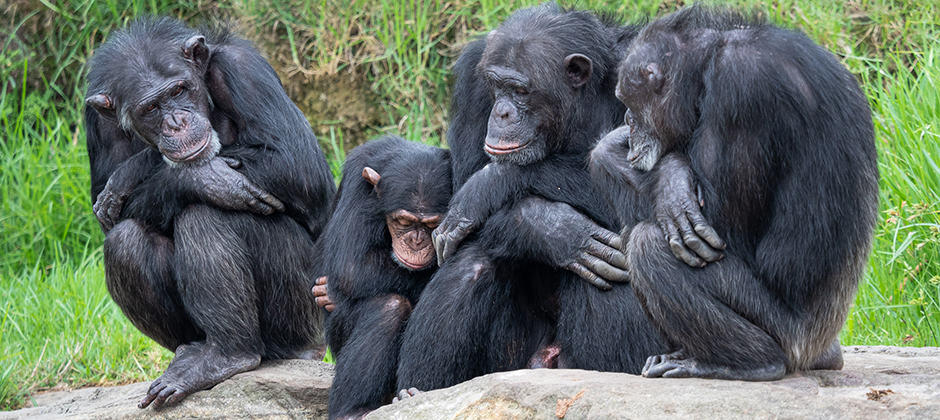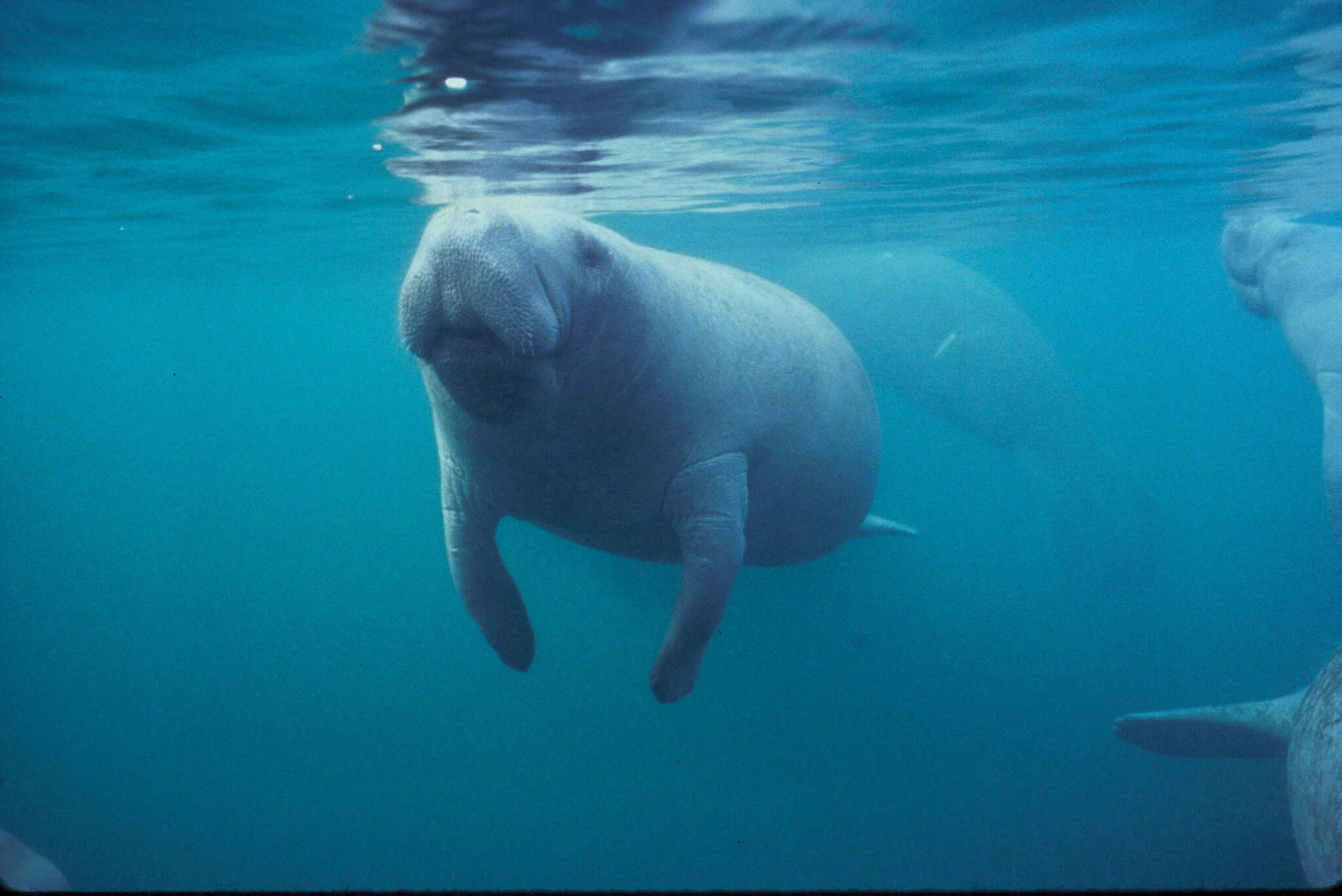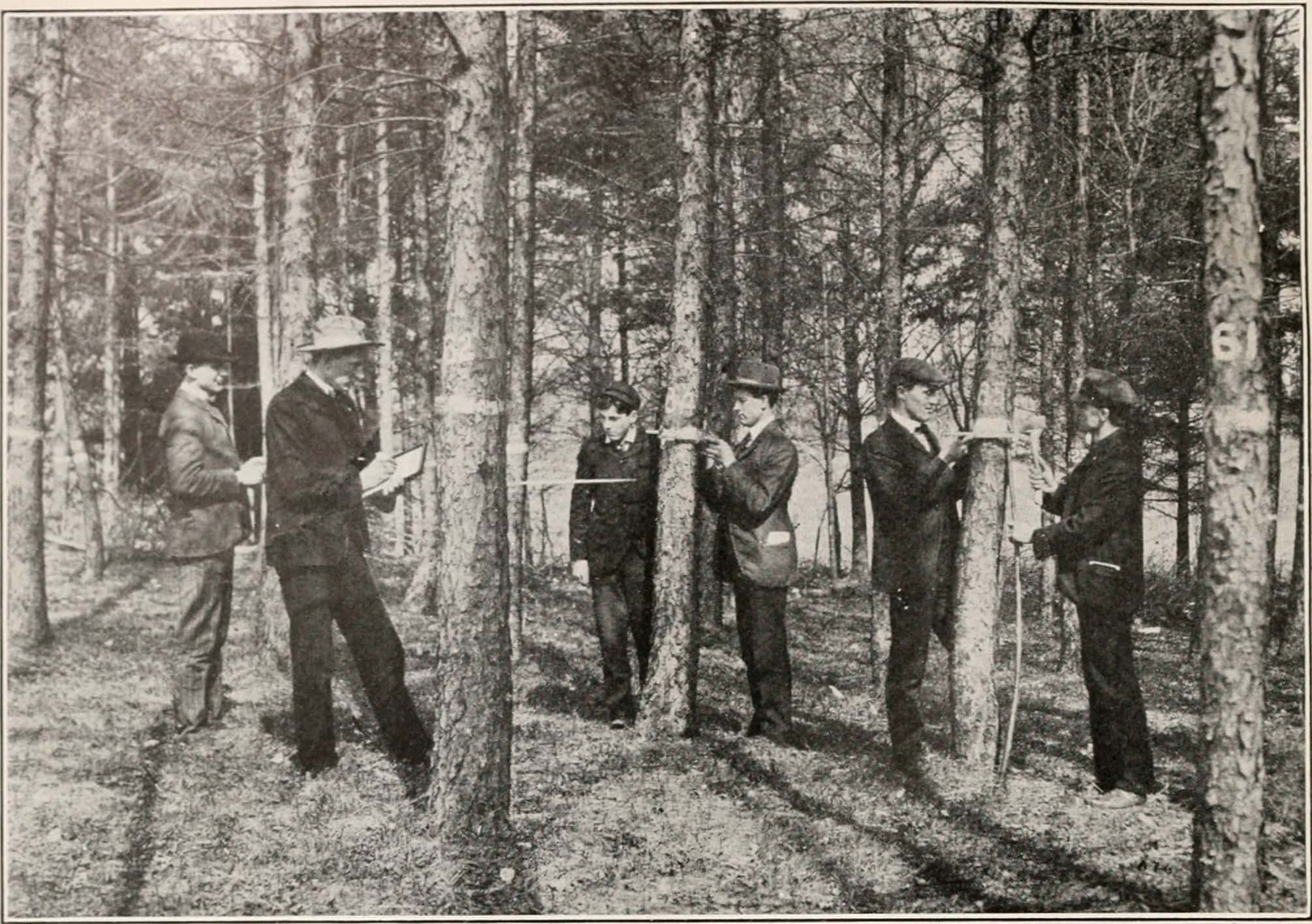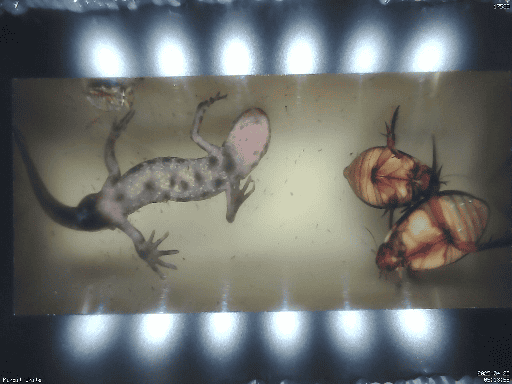Share this article
In nature documentaries, zoom in on conservation — not drama
The cameras were on David, a male chimpanzee fighting with others over females. He gets pretty battered, even losing a finger, while the music turns somber and the lighting fades to black. Viewers assume he’s about to die.
That was one scene from the BBC Earth show “Dynasties,” a series that focuses on a different species each episode. Researchers watching the episode wondered: Are cinematic tools like these, often associated with TV dramas, taking away from the educational components of wildlife documentaries?
In a perspective paper published in People and Nature, they describe different ways that wildlife documentaries can miss the mark by trying to be too “soap-opera-like,” and what consequences that might have for conservation. They focused specifically on this series.
“The motto of the BBC is to inform, educate and entertain,” said Keith Somerville, a professor in the Centre for Journalism at the University of Kent and the lead author of the paper. “When it comes to things like wildlife documentaries, inform and educate should be more important than entertain.”
Having worked for the BBC, Somerville already knew a lot about how these documentaries are made. After he left the network, he noticed documentaries often didn’t portray wildlife the way that he would have. “I would drive my wife and son mad, picking apart how they made it,” he said.
So he and his co-authors, including wildlife biologists, set out to analyze the “Dynasties” series, narrated by David Attenborough, to see what themes stood out. “As soon as I started watching them, I thought, this is going into places I think are not good for factual documentaries,” he said.
One thing that stood out was the series’ anthropomorphism. Filmmakers were describing the nature of the conflicts between wildlife like an argument in a soap opera, Somerville said. In the chimpanzee (Pan troglodytes) episode, they focused on males’ fighting over a female. The conflict is real, Somerville said. Chimpanzees regularly fight over females ready to mate. But the show portrayed it was like “the chimps are more like blokes competing for the most attractive girl to dance with at a club, ending up in a fight,” he said, and that’s not true to the chimps’ behavior.
In another episode, the filmmakers anthropomorphized a pride of lions (Panthera leo), particularly a lioness nicknamed Charm. They build the lioness up to be particularly amazing, Somerville said, keeping her pride together and feeding her cubs. “They were ignoring the fact that this happens in every pride,” he said.
Another common theme throughout the episodes was false jeopardy — portraying that something devastating was going to happen when it was not the case. In the chimp episode, Somerville said, the filmmakers made it seem like chimps were having trouble finding food during a drought and had to split up. “They make this seem like disaster or something that’s never happened before, but it’s something that happens every year,” he said. The same goes for the fighting scene. The injured chimp recovered — except for the missing finger.
In the lioness episode, the filmmakers created a story line of a lioness having to hunt on her own, ignoring two subadult males that could hunt. The documentary showed the lioness failed again and again, Somerville said, but in reality, only 35% of lion hunts are successful. “Failing a hunt or two or three in a row is not unusual,” he said.
These types of documentaries can cause viewers to worry about individual animals rather than look at the bigger picture, Somerville said. “Over-personalization takes away attention from what we need to think about, which is habitats and biodiversity, not just single animals or groups of prides or packs,” he said.
Some of the programming can also suggest some animals are more worth conserving than others, he said. In Namibia, native hyenas (Crocuta crocuta), which are often portrayed as bad guys in documentaries, have been culled to help feral horses persist.
Wildlife documentaries need to entertain, he said, but they also need to be accurate. “I think right from the start, you need to take advice from conservation scientists and zoologists and follow their advice far more than those pushing you more toward entertainment.”
Header Image: Wildlife documentaries can anthropomorphize wildlife behavior, researchers say, including chimpanzee fights over females. Credit: Marc Dalmulder








